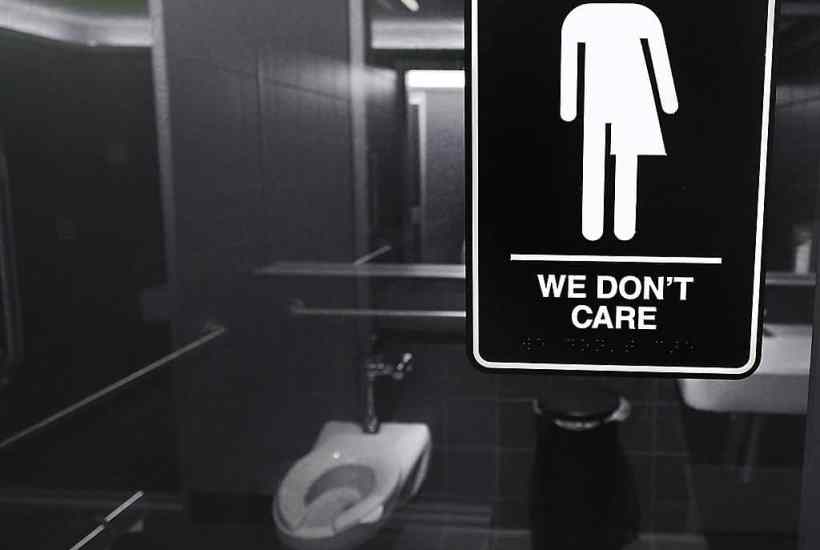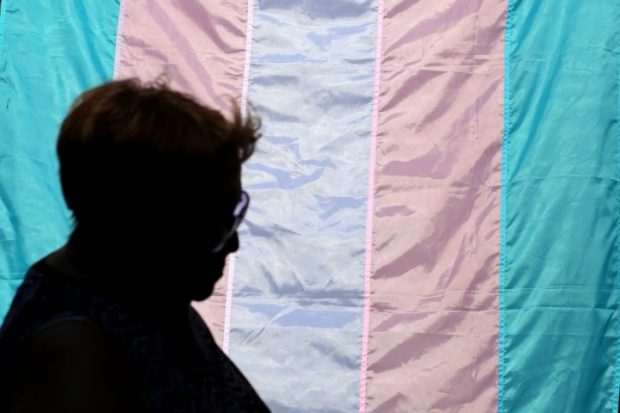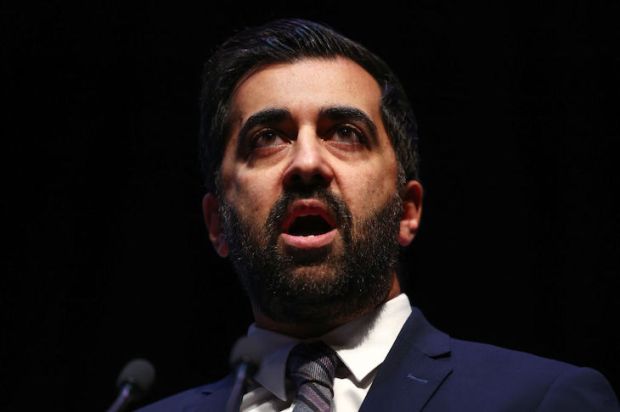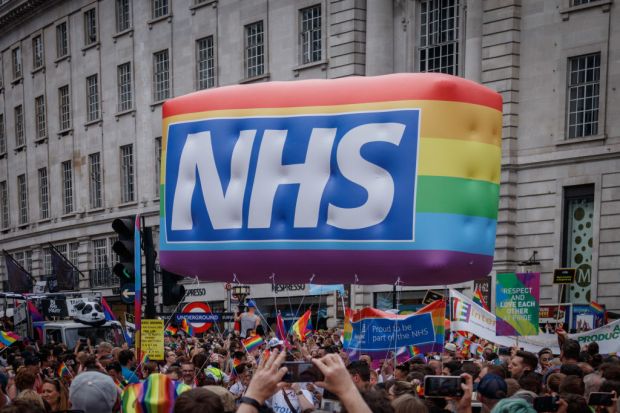As Keir Starmer still struggles to tell us what he thinks the word ‘woman’ means, some much-needed common sense has been injected into the transgender debate. The Equality and Human Rights Commission has published guidance for providers of single-sex and separate-sex services: in short, it says bathrooms and domestic abuse refuges can be single sex in certain circumstances. This is welcome news for women – and for transgender folk like me.
For too long, lobby groups have ruled the roost in this area, obfuscating language and denying reality. And the inevitable howls of protest in response to this publication have already started. I can understand the upset and anxiety being expressed by other trans people who had been persuaded that they had the right to use services designated for the opposite-sex just because they wanted to. But the resulting free-for-all has led in part to the increased suspicion of trans people. That helps nobody, least of all trans people.
Instead the guidance offers comfort and security to trans people. It reminds everyone that nobody can be excluded on the basis of their biological sex unless it is a ‘a proportionate means of achieving a legitimate aim’. Service providers, it says, need to demonstrate this and ‘balance the impact upon all service users.’ That includes trans people.
Trying to merge the rights of women and trans people together was never a good idea. It has satisfied nobody, and led to confusion that has fuelled an increasingly toxic debate. Women and transwomen are not the same and there are times when we need different services. Thankfully the EHRC is not only aware of that truth, but has had the bottle to point it out.
Without a hint of irony, the guidance explained that: ‘We have used plain English to help explain legal terms. This does not change the meaning of the law.’ The EHRC swiftly adds:
‘We use the term ‘biological sex’ because this is how legal sex is defined under the Equality Act for people who do not have a Gender Recognition Certificate.’
Maybe Starmer also needs to read this document before his next media interview? It might help him to stop fudging and start clarifying. Those making decisions about who can and can’t use their toilets are not helped by politicians engaging in political sparring; they need straight answers in order to do their jobs.
It’s also worth remembering amidst this angry debate that the EHRC has not changed the law. The Equality Act has been in place since 2010; paragraphs 26 and 27 set out the rules and give examples when providers can provide separate service for each sex or, ‘a service only to persons of one sex.’ The problem in recent years, though, is that confusion over language has led to uncertainty when it comes to separate services for women and men. That is why the EHRC’s use of the term biological sex is so important. Fear of being labelled as transphobic – and possibly losing funding as a result – has led to biology being displaced by feelings.
The guidance goes on to make it clear that:
‘The exceptions outlined in this guidance therefore do not depend on whether or not an individual has a Gender Recognition Certificate.’
Once again, this could not be clearer. Separate-sex and single-sex services are permitted because men and women have different biology; that is not affected by a legal fiction created under GRA. Thank goodness that the EHRC is willing to point this out.
Got something to add? Join the discussion and comment below.
Get 10 issues for just $10
Subscribe to The Spectator Australia today for the next 10 magazine issues, plus full online access, for just $10.



















Comments
Don't miss out
Join the conversation with other Spectator Australia readers. Subscribe to leave a comment.
SUBSCRIBEAlready a subscriber? Log in